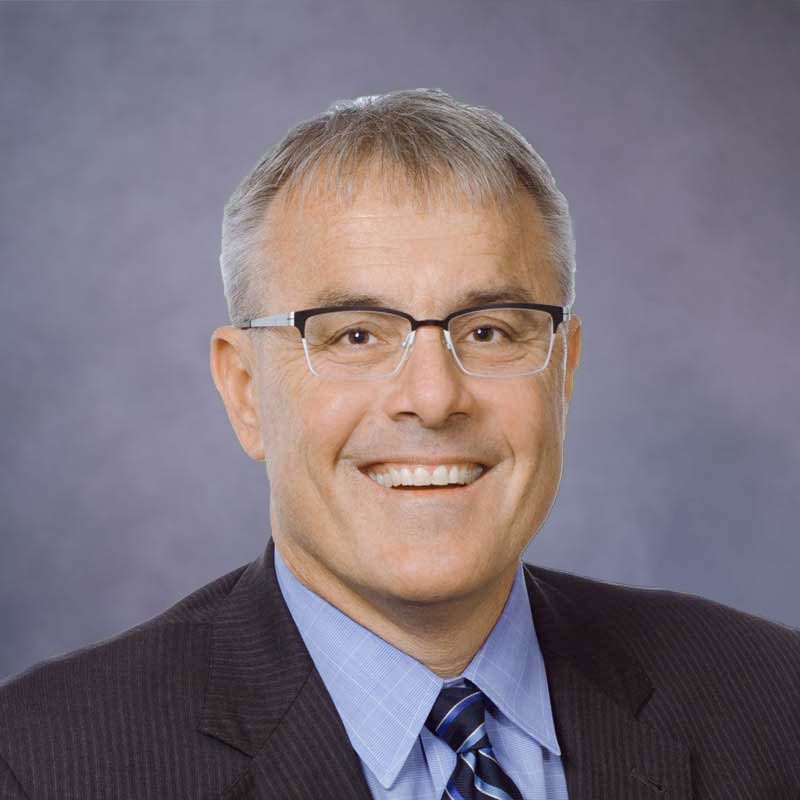
Senior Vice President of Community Investment
[email protected]
Mark D. Constantine joined the Dogwood Health Trust team in April 2023 as Senior Vice President of Community Investment. Prior to joining Dogwood, Mark served as President and Chief Executive Officer of Richmond Memorial Health Foundation (RMHF). He has served as senior vice president at the Jessie Ball duPont Fund in Jacksonville, Florida, where he directed the Program-Related Investment and affordable housing activities of the Fund.
Mark served for more than a decade as a consultant to foundations and national nonprofit organizations on issues related to governance, strategy, and learning. His clients included CFED, Demos, First Nations Development Institute, Ford Foundation, Lilly Endowment, Louisiana Disaster Recovery Foundation, Robert Wood Johnson Foundation, and the Southern Education Foundation. In addition, he served as the assistant executive director of the Kathleen Price Bryan Family Fund and as a senior fellow of the Foundation for the Mid-South.
Mark has authored two books, Wit and Wisdom: Unleashing the Philanthropic Imagination (2009) and Travelers on the Journey: Pastors Talk about Their Lives and Commitments (2005), as well as the award-winning monograph, “Where Hope and History Rhyme: Reflections and Findings from the Mid-South Commission to Build Philanthropy (2005).” Wit and Wisdom was selected by the 2009 Philanthropy Annual Review as one of the two “notable titles” in the Social Justice Philanthropy category.
He holds a PhD from the University of North Carolina at Chapel Hill, an MBA from the Fuqua School of Business (Duke University), and a Master of Theological Studies degree from Duke Divinity School. He was a 2006/2007 Fellow of the Emerging Leaders Program directed by the Centers for Leadership at Public Values at the University of Cape Town and Duke University. He serves as the Immediate Past Chair of the Virginia Funders Network, Co-Chair for the Jeffress Trust Awards Program in Research Advancing Health Equity and has served as a faculty member for the Grantmakers in Health Terrance Keenan Institute for Emerging Leaders in Health Philanthropy.
He is the proud father of Noah Balazs Constantine.
Address:
890 Hendersonville Rd
Asheville, NC 28803
Mailing:
890 Hendersonville Rd
Asheville, NC 28803
Join our mailing list to receive updates on our latest news, funding opportunities, and more.
© 2024 Dogwood Health Trust. All rights reserved.

Support programs and networks that reduce deaths, treat addiction, and prevent first use

Help reduce disparities based on race, location, education and income factors

Invest in integrated heath care with seamless connections to supportive services

Support communities that promote healthy living and resiliency and help mitigate the impact of trauma, isolation and stress on individuals and families, especially those experiencing poverty

Support a well-funded, sustainable, competitive entrepreneur and small business ecosystem throughout the region
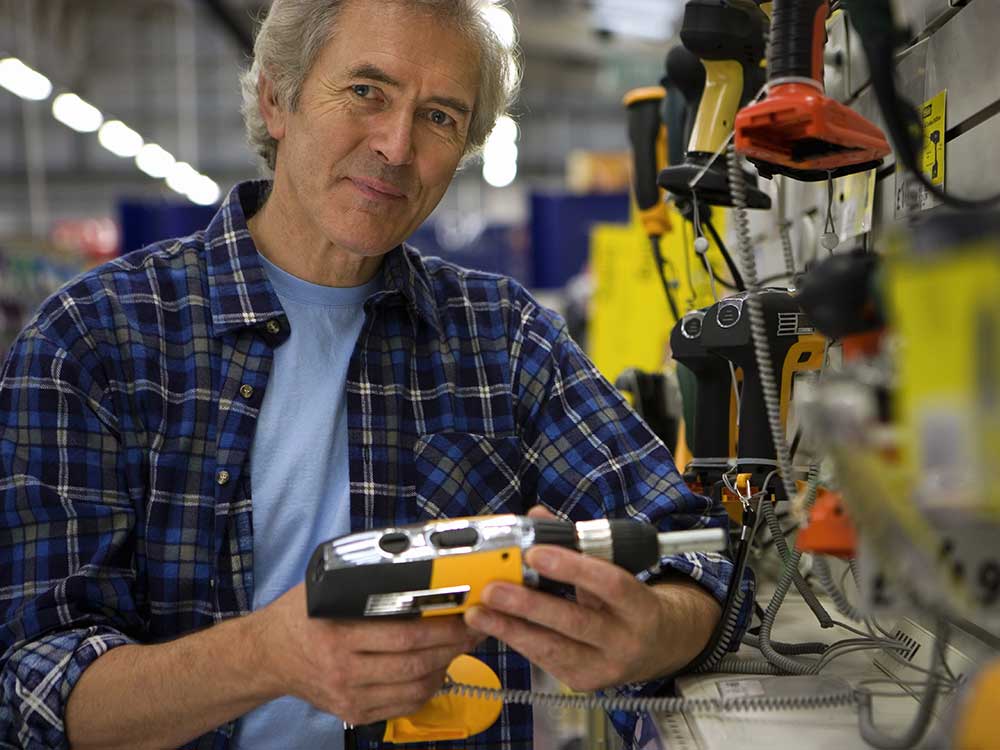
Help build a regional economic ecosystem that supports increased creation/retention of jobs and business ownership

Help build a skilled workforce with the knowledge and technical abilities to excel in a wide range of industry employment opportunities that provide a competitive, sustainable wage

Source, analyze and share a comprehensive, county-by-county data set that paints a full picture of work readiness, economic development and entrepreneurial needs and opportunities specific to Western North Carolina

Work in tandem with Economic Opportunity Strategic Priority to invest in career readiness at the community college and university levels

Support K-12 learning experiences with the resources and sustainability to provide an excellent academic and social-emotional education, so that all students graduate ready for college or career
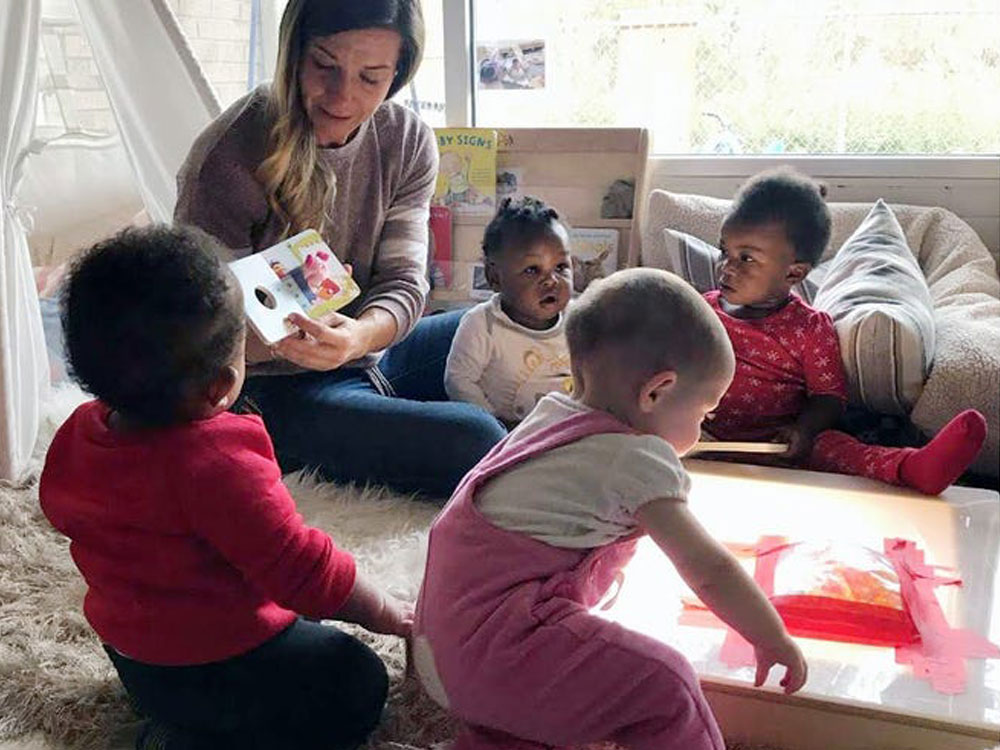
Invest in an improved early childhood education ecosystem with the resources and sustainability to provide developmentally appropriate, affordable and accessible education and care to support ages birth to five, so that all children in WNC enter kindergarten ready to learn

Source, analyze and share a comprehensive set of publicly available data that provides a regularly updated, county-by-county picture of access, workforce and student outcomes in early childhood education and K-12 education specific to Western North Carolina
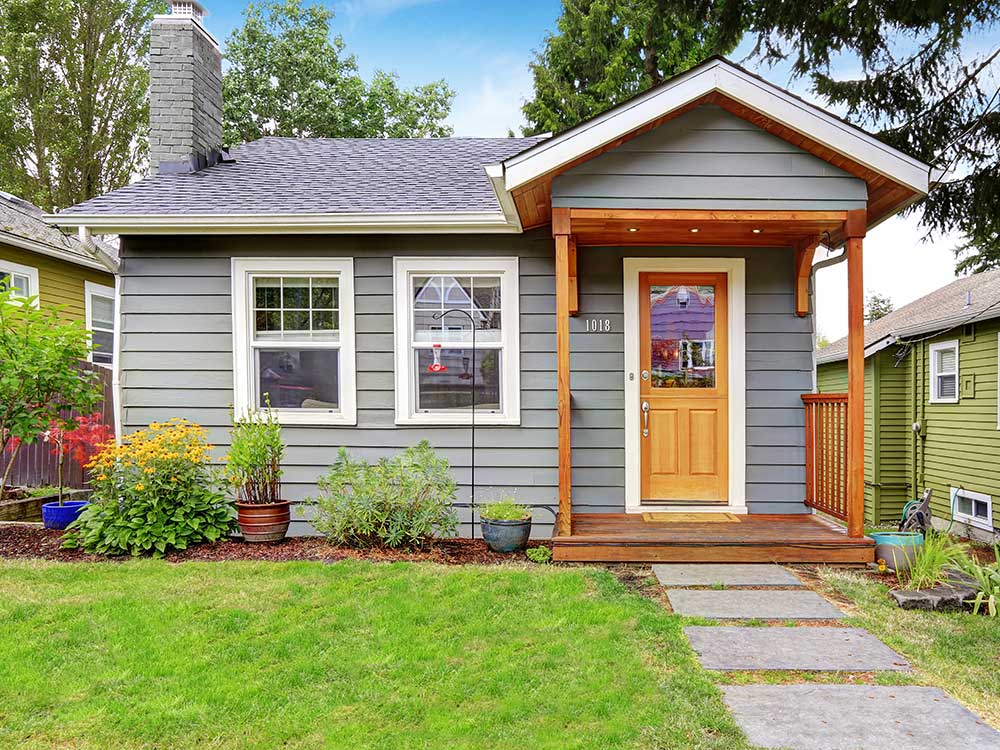
Loans, guarantees, and other financial tools to leverage funding opportunities
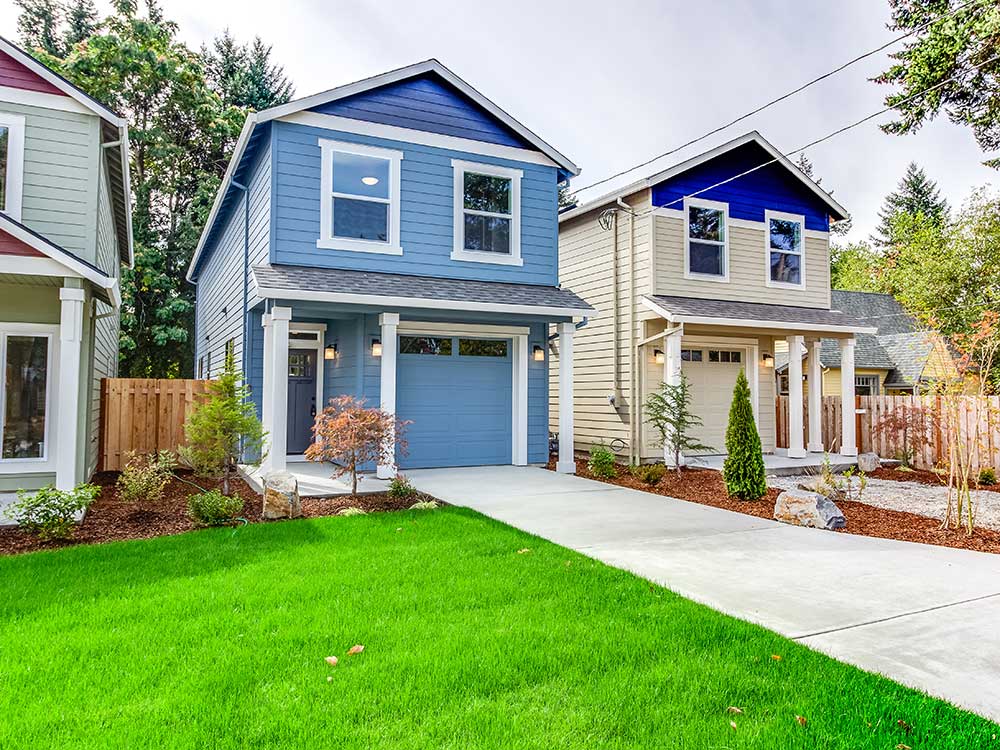
Increase affordable housing for lowest-income individuals and families
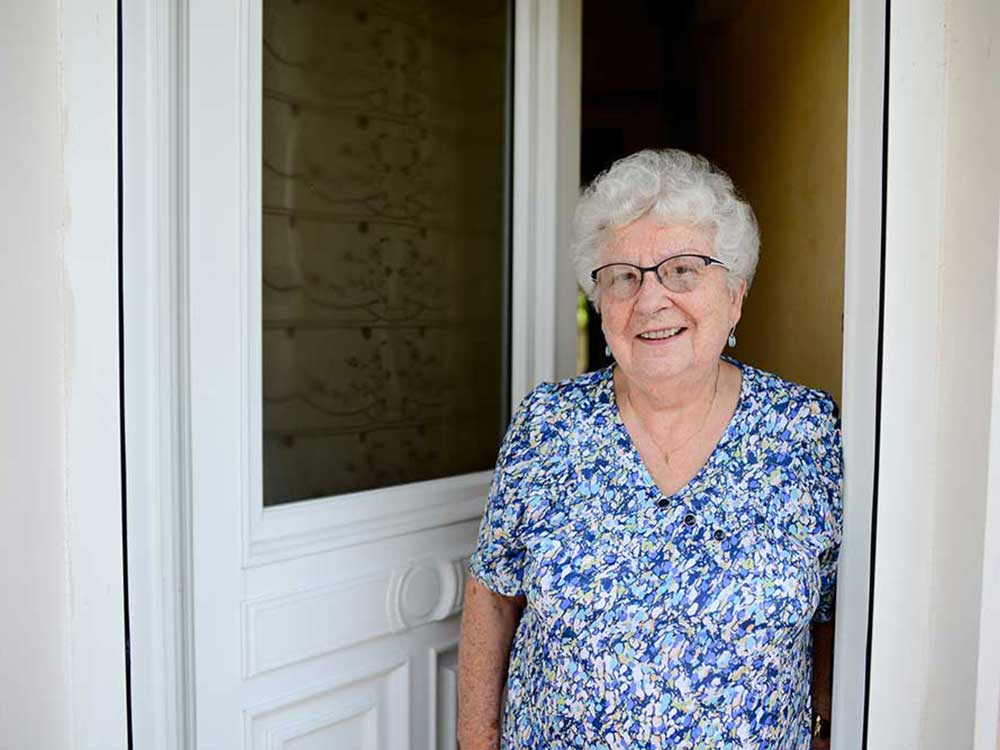
Support age-appropriate resources in affordable and workforce units, rental and owned
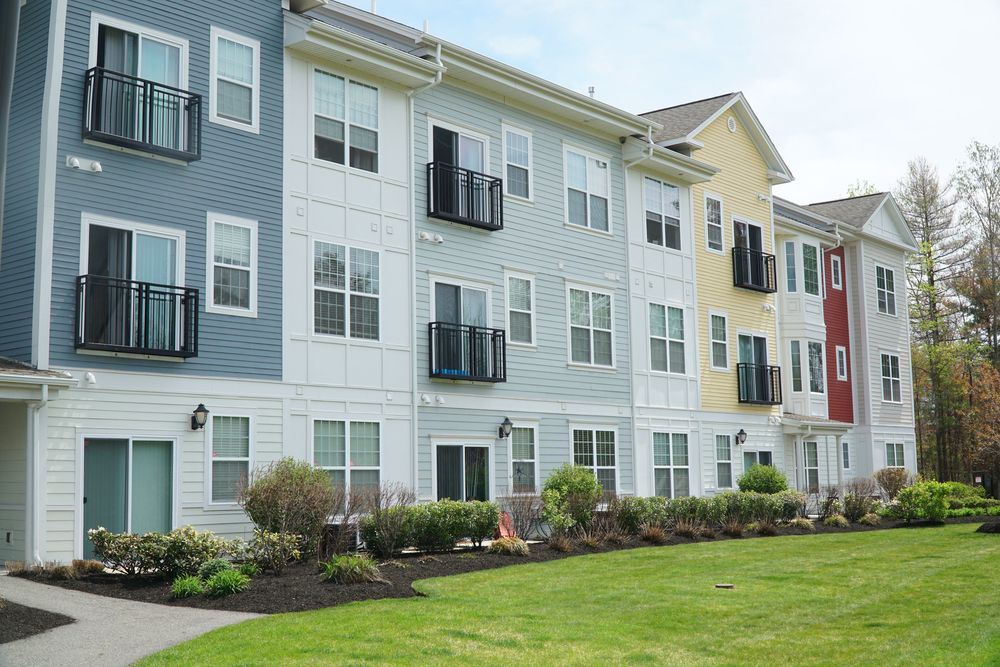
Invest in housing with sustainable supports for physical and mental health and wellbeing
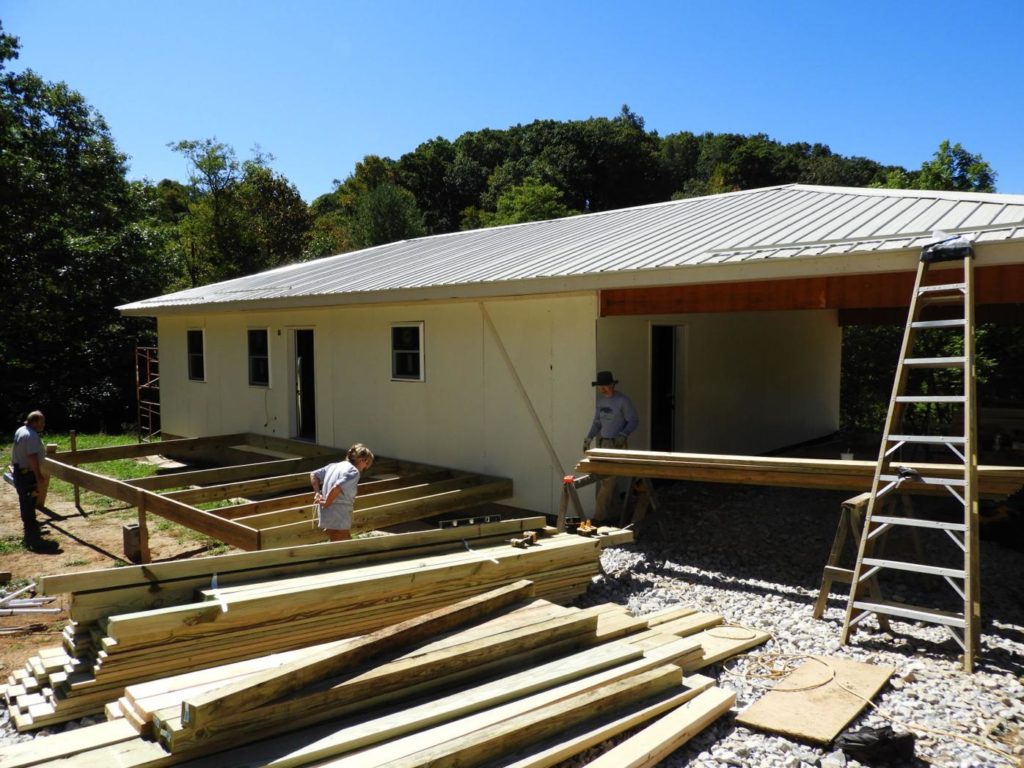
Support healthy and safe revitalizations that work against displacement and gentrification, preserve home ownership and create generational wealth.